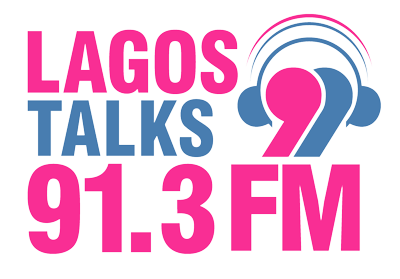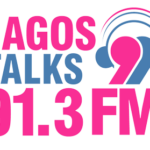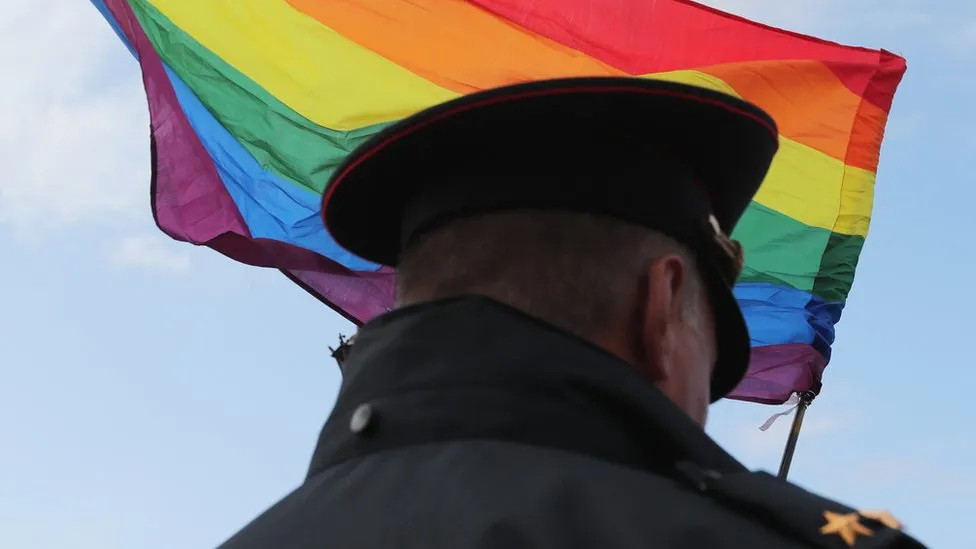Russia’s Supreme Court has declared what it calls “the international LGBT public movement” an extremist organisation and banned its activities across the country.
The ruling was prompted by a motion from the justice ministry, even though no such organisation exists as a legal entity.
The hearing was held behind closed doors, but reporters were allowed in to hear the court’s decision. Nobody from “the defendant’s side” had been present, the court said.
Russia’s constitution was changed three years ago to make it clear that marriage means a union between a man and a woman. Same-sex unions are not recognised here.
In recent years Russia’s LGBT community has come under increasing pressure from the authorities. In 2013, a law was adopted prohibiting “the propaganda [amongst minors] of non-traditional sexual relations”.
Last year, those restrictions were extended to all age groups in Russia. References to LGBT people have been deleted from books, films, adverts and TV shows. Earlier this month, one Russian TV channel discoloured a rainbow in a South Korean pop video, to avoid being accused of violating the “gay propaganda” law.
Under Vladimir Putin, the Kremlin has embraced an ideology centred around conservative thinking and “traditional family values”. The authorities portray LGBT activism as something inherently Western and hostile to Russia. Pressure on the LGBT community is presented as a means of defending the moral fabric of Russia.












